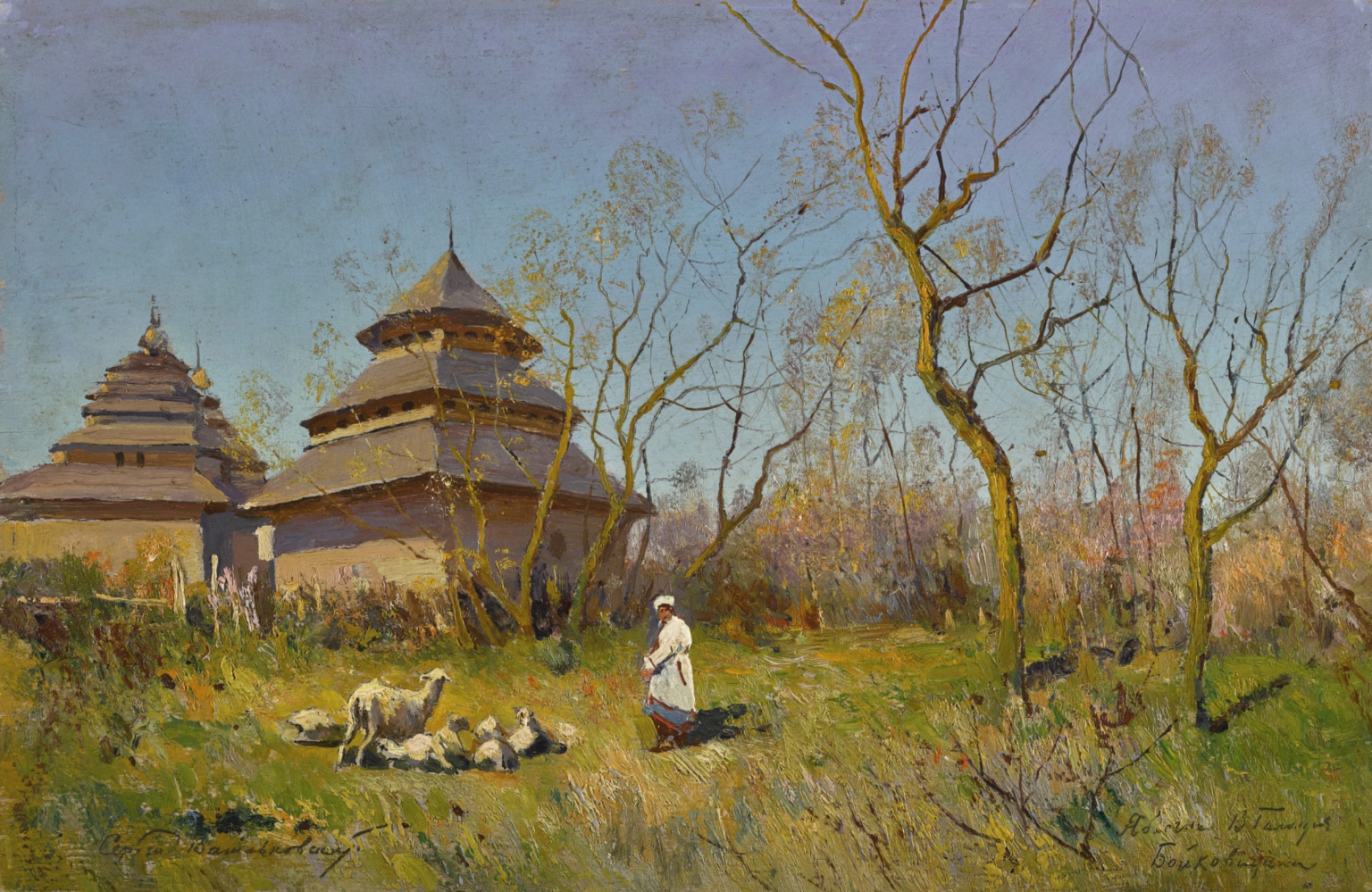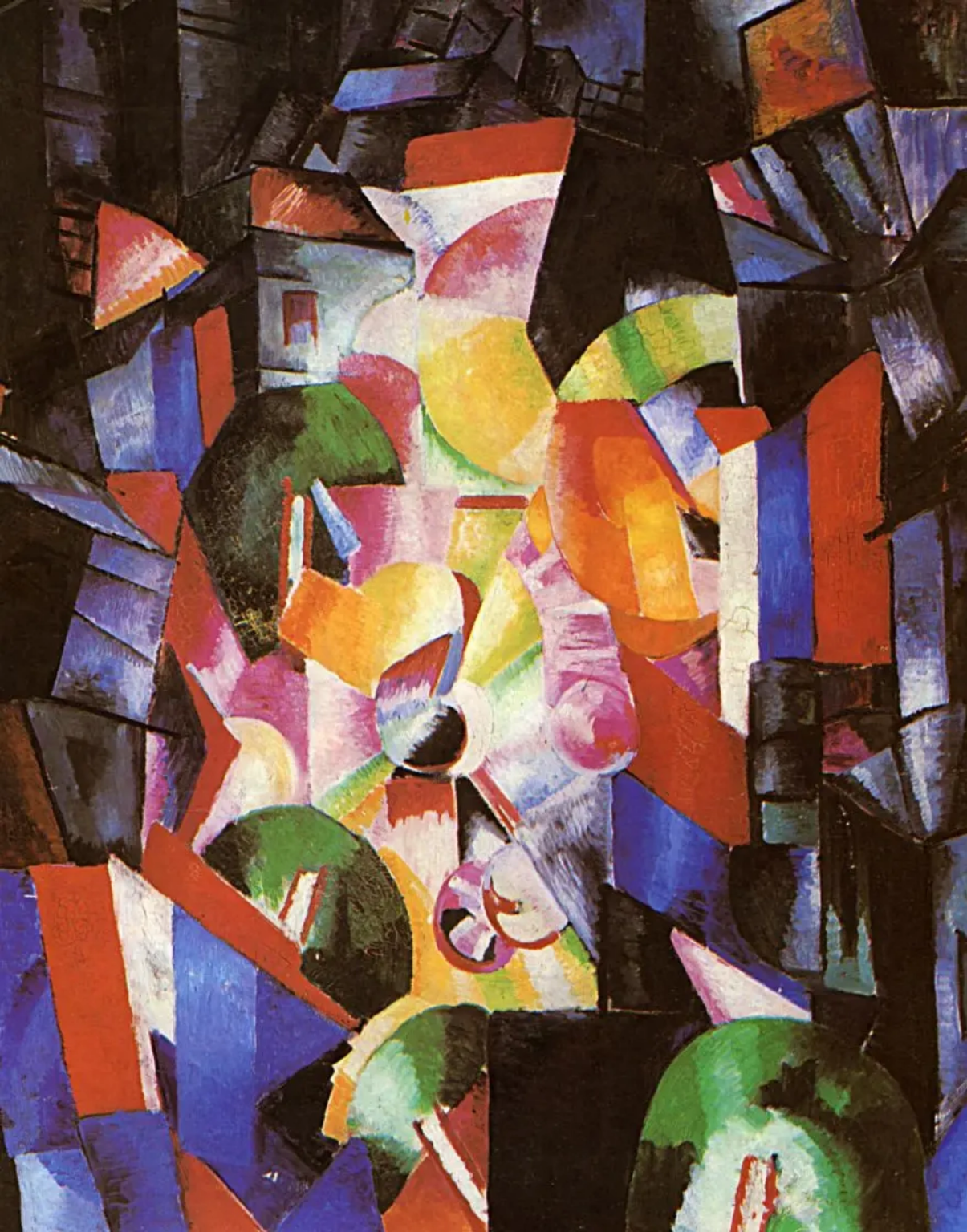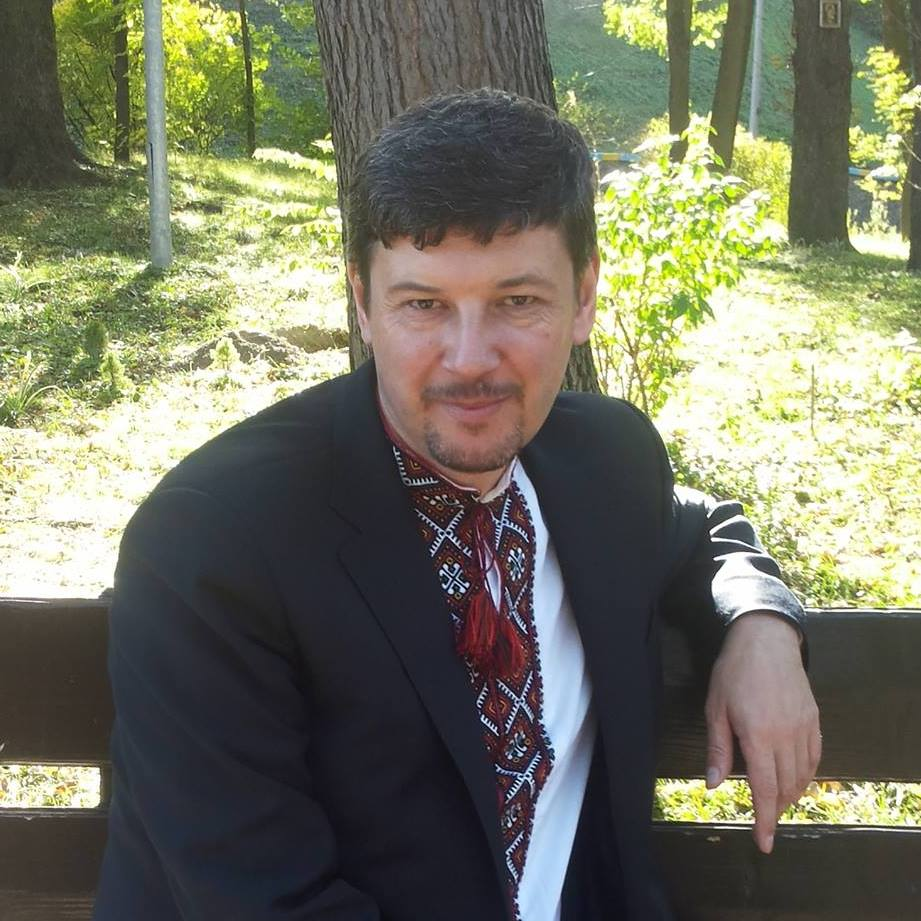Ethnologist Oleksandr Vasianovych explains how our ancestors related the sun, moon and stars to everyday life, magic and beliefs for Universe Space Tech.
Sun

Ukrainians called the Sun the eye of God, the king of the sky, the face of God, the Lamb of God, the right face of God, the window of God. According to some conceptions, the Sun is a huge candle carried by angels to illuminate the Earth, or a ball of fire, a giant spark and so on.
There was an idea about the annual cycle of the Sun’s life and its renewal. Ukrainians noticed that then it shimmered with multicolored colors (the Sun plays / bathes / changes). In different regions, different calendar periods of this atmospheric phenomenon were named: Annunciation, Holy Thursday, Ascension, Trinity Sunday, Peter and Paul, but Easter and Ivan Kupala day are most often remembered.

There was also a diurnal cycle of life of the celestial luminary, which in the morning awakened or was born, and in the evening died or went to rest in the underworld.
According to popular beliefs, the change of day and night is due to the fact that in the evening the Sun sets behind the mountain or sinks into the sea that surrounds the earth, illuminating the underworld, or sinks underground, bathing in the underground sea.
Moon

An extremely revered celestial object was the Moon, the name of which coincides with the calendar term, meaning the twelfth part of the year. It was also called the golden barrel, the younger brother of the Sun, the left face of God. The Moon was quite often perceived as a living organism, which was born, grows, dies.
The period of the Moon’s birth was considered the most favorable time for all life on Earth. When people saw the new moon for the first time, they greeted it, recited the Lord’s Prayer, and asked for happiness and health.

In Podillia, special charms were spoken to the Moon, showing it money, to ensure prosperity during the next calendar month:
“Moon, Moon, give me a full pocket of money.”
People tried to transfer the constant renewal of the moon to themselves, asking it for beauty and youth, for example, as in Podillia:
“Moon, you are a young prince, have you been in the other world? Have you seen the dead? Do their teeth hurt? – No! – Let my teeth not hurt!”
In the Dnieper region, the Moon was appealed to in love magic, calling on it for help:
“The Moon Volodymyr! You fly high, you see everything, you hear everything, how slaves cry for father and mother, for little children; like a cow for a calf, like a horse for a foal, like a donkey for a jennet, like a sea for a sea. May you bless me, Oh God, that for me born, baptized and praying servant of God Marusya, Hryts’ko will cry”
Stars

An important role in folk astronomy and mythology was played by stars, which also included planets, bolides and meteors, sometimes comets.
Ukrainians explained the stars by the presence in the sky of angels with lighted candles or souls of sinless (Kholmshchyna) or righteous people (Volyn), sinful souls who atone for their sins in the sky (Podillia), or called them children of the Sun (Volyn).

In the Dnieper region, people said that the stars were the light in the windows of the saints. A large number of stars was perceived as a symbol of wealth: harvest of grain, fruit, livestock, and in Polissia also berries and mushrooms.
That’s why in different regions of Ukraine on Christmas Eve they watched the starry sky to predict the future harvest:
“A starry night for a good harvest.”
“As the sky is starry, there will be three hundred poodles of berries.”
“A starry sky is a harvest for mushrooms and peas.”
“A starry night for a harvest of nuts and berries.”
It was believed that a person’s fate depended on the time of birth, under a lucky or unlucky star he or she was born. In the Podillia region, it was said that with the birth of a child, God lighted a candle and placed it on a cloud.
Starfalls and meteors

The Ukrainians interpreted falling stars in different ways. In Podillia they believed that evil forces came to the sky and lit candles there. When God or angels noticed it, they threw them down. When the candle falls, one should say “Amen, scatter” in order not to fall under the influence of the evil one.
In Polissia and Volyn, it was believed that these were unbaptized children. Upon seeing a falling star, it was necessary to exclaim: “Kshtu!” (“Christ!”), cross it and give it a name (Ivan / Adam or Maria / Eve).
More often the falling of a star was perceived as the death of a person. Ukrainians point to significant star falls during wars. In Slobozhanshchyna there was a belief that the star fell into the yard where the dead person would be, in Volyn they claimed that the star flew towards the newly deceased soul. It is now believed that if you make a wish while a star is falling, it will come true.


